“The Dark Side of the Web”
“Digital Liturgies” — Week 8 Reflection
From an Analogue Kid to a Digital Young Man
I learned recently that I belong to a micro-generation. While I have always identified as a Millenial—someone born between 81’ & 96’—there is actually a specific term for someone born in between the Gen-X cohort and the Millennial generation called a Xennial. I guess that’s me because I was born in 1985. This means I had an analogue childhood dominated mostly by playing outside, riding bikes, and having the freedom to run around the neighborhood until the street lights came on. But I had a digital young adulthood as AOL became popular in the later years of my high school experience and smartphones exploded on the scene in my mid-twenties.
The reason I bring all of this up, is because I had the good fortune of wrestling with my adolescence in a time when pornography was not very accessible. It was out there of course, and I was exposed to some of it as a teenager, but it had not saturated my cultural experience the way it has for many born after me. Now, the internet, and for that reason, explicit images and videos, are nearly omnipresent. In this chapter of Samuel James’ book, he turns his attentions to one of the great social and spiritual problems of our time: pornography.
The Web’s Pornographic Shape
His aim with this topic is not necessarily to provide insight into how to overcome a struggle with this kind of sexual sin, instead James highlights how the internet is the perfect medium to promulgate an evil like pornography, or how the internet is “pornographically shaped”. He explains it well when he says, “The worldview that undergirds use of online pronography is the same worldview that lies underneath the entire web” (pg. 141). Or, to put it another way, the foundations of our online world align perfectly with the evil allure of porn use.
James highlights three primary facets of this vice that are perfectly cultivated in the medium of the internet: novelty, consumption, and isolation.
Novelty feeds off of our sinful need to see and experience new things all the time. The internet is overflowing with novelty because there is always something you’ve never seen before around every digital corner, but is this a healthy thing for fallen creatures like us? Proverbs 15:16 says, “Better is a little with the fear of the Lord, than great treasure and trouble with it.” Whether with wealth or novel experiences, constantly striving to see, hear, and experience new things only leads to a great deal of trouble, but Godliness with contentment is great gain (I Tim. 6:6).
Consumption is another element of the internet that is pervasive. While there are many ways we can use the internet to produce and accomplish good things, the primary way most people interact with the internet is only for taking, watching, and consuming. This is the ideal ecosystem for pornography to thrive. But we were made in God’s image not to consume but to produce. The first commission of God to humanity in the garden of Eden (Gen. 1:26-31; 2:15) is to be fruitful and to cultivate creation. So as we lean into this dangerous practice of constant consumption, that part of our humanity begins to shrivel and die.
Isolation almost seems counterintuitive to what the internet is. Isn’t the online world supposed to connect people, not seperate them? But as we have seen throughout this book and as we have all experienced in our lives, too often being online does not promote any real sense of relationship and community with others. And, of course, pornography can thrive when we are alone and selfishly looking to feed our sinful desires.
Moving Forward Not Just Moving Away
The way forward with this dark reality of the internet, according to James, is not only to flee, abstain, or quarantine ourselves from the internet’s explicit content. The best remedy for overcoming this temptation is to both to “put off…and put on” (Col. 3:1-16). “The New Testament so often contrasts sexual immorality not with stoic resistance but with love” (pg. 145). If we are to overcome this sexually explicit digital liturgy that is ubiquitous on the internet we will need to fill that void in our hearts with love for God and love for others. That is the a true way forward, not just a way of escape.

